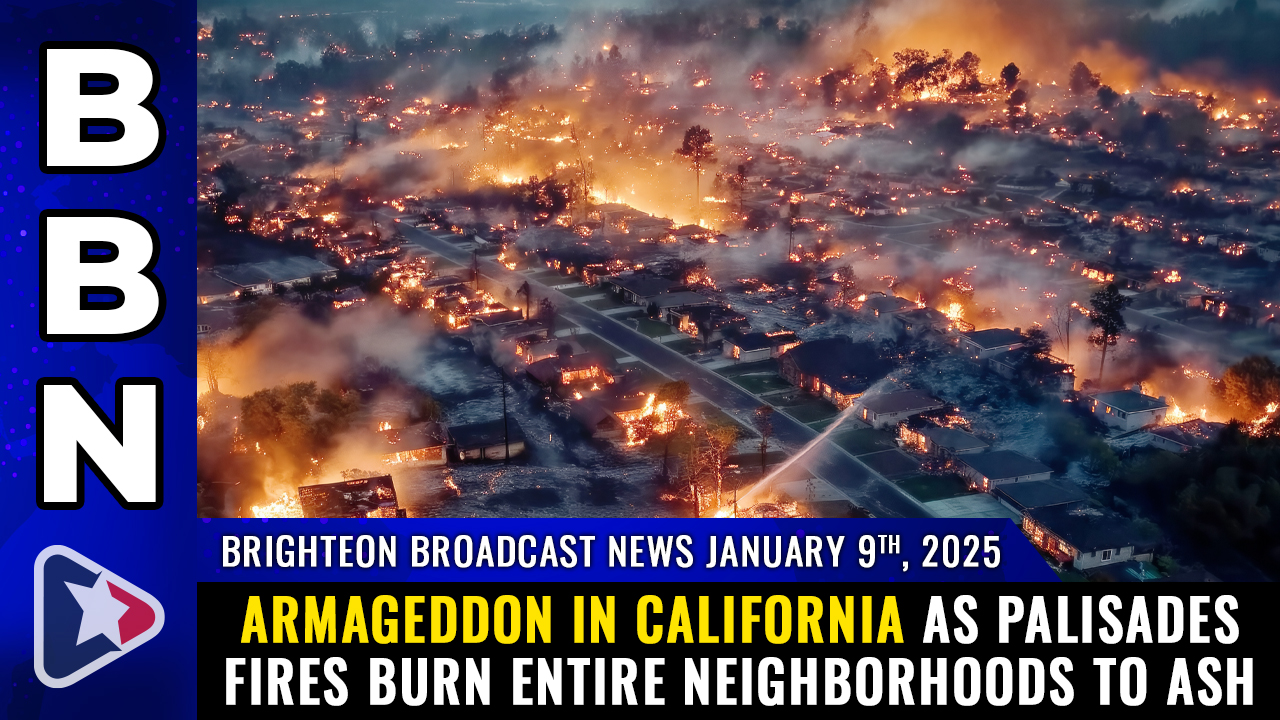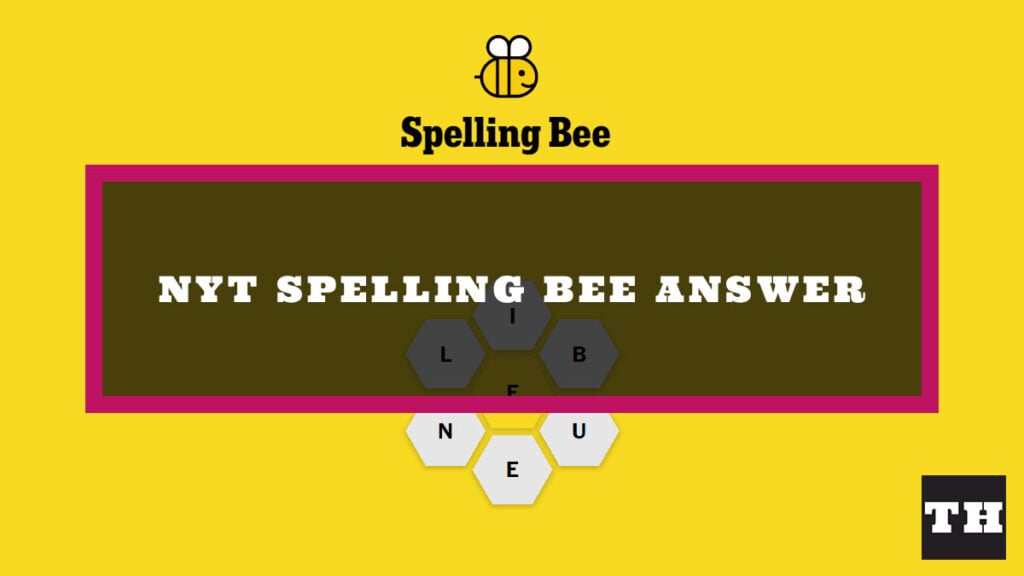Betting On Tragedy: The Los Angeles Wildfires And The Moral Implications Of Disaster Gambling

Table of Contents
The Rise of Disaster Gambling Markets
Disaster gambling, the act of wagering on the scale of a natural disaster's impact, has found fertile ground in the digital age. It operates largely through unregulated online platforms and shadowy, often international, betting markets. While precise figures are difficult to obtain due to the clandestine nature of these operations, anecdotal evidence and reports suggest a growing trend. Past LA wildfires, and other major global disasters such as hurricanes and earthquakes, have seen a surge in this type of callous speculation.
- Types of bets offered: These range from predicting the total acreage burned in a wildfire to estimating the number of casualties, the extent of property damage, or even the specific areas most affected. The more catastrophic the event, the higher the stakes and the potential for profit.
- The role of social media: Social media platforms, unfortunately, play a significant role in spreading information (and misinformation) about these markets, attracting potential gamblers and facilitating the spread of betting opportunities. Rumors and speculation can inflate bets and further exacerbate the problem.
- Potential for manipulation and misinformation: The lack of regulation allows for the potential manipulation of information. False or exaggerated reports about the extent of a disaster can significantly influence betting patterns, creating an uneven playing field and enriching those involved in disseminating misleading information.
The Ethical and Moral Concerns of Profiteering from Suffering
The ethical and moral implications of disaster gambling are profound. Profiteering from the suffering of others is inherently reprehensible. The act of placing a bet on the scale of a tragedy, on the loss of homes, livelihoods, and even lives, is deeply insensitive and morally bankrupt.
- Arguments against disaster gambling: From a moral standpoint, it’s a blatant disregard for human life and suffering, transforming tragedy into a commodity for personal gain. It undermines the principles of empathy and compassion.
- Psychological impact on victims: For victims, witnessing this type of speculation can compound their trauma, adding insult to injury. The knowledge that others are profiting from their misfortune can exacerbate feelings of helplessness and despair.
- Comparison with other ethically questionable forms of gambling: While many forms of gambling raise ethical questions, disaster gambling stands apart due to its direct connection to immense human suffering and loss. It is not a victimless activity.
The Legal and Regulatory Landscape of Disaster Gambling
Currently, the legal framework surrounding disaster gambling is fragmented and largely inadequate. Existing gambling laws often don't explicitly address this specific form of wagering, particularly online.
- Current laws and their applicability: Many existing laws focus on traditional forms of gambling, leaving a loophole that allows for disaster betting to flourish.
- Challenges in enforcing regulations across borders: The online nature of many disaster gambling markets makes it challenging to enforce regulations. These platforms often operate across multiple jurisdictions, making it difficult for authorities to track and prosecute those involved.
- Possible legal strategies: Strengthening international cooperation, enacting specific legislation targeting disaster gambling, and enhancing monitoring of online platforms are crucial steps towards curbing this practice.
The Impact on Disaster Relief and Recovery Efforts
Disaster gambling negatively affects aid and recovery efforts in several significant ways.
- Diversion of resources: The focus on betting can distract from the urgent need for effective disaster relief. Resources that could be used for aid and recovery might be diverted to chasing speculative profits.
- Negative impact on community morale: Knowing that others are profiting from their suffering undermines the trust and unity needed for effective community recovery.
- Increased social inequality: The concentration of wealth through disaster gambling can exacerbate existing social inequalities, potentially widening the gap between those who benefit from the tragedy and those who suffer from it.
Conclusion
The rise of disaster gambling represents a disturbing trend, one that reveals a profound lack of empathy and moral responsibility. We've examined the mechanics of this practice, its ethical implications, and its detrimental impact on disaster relief. The lack of adequate regulation allows this insidious activity to thrive, profiting from the misery of others. We need to act decisively to curb this growing problem. We need to advocate for stronger regulations, increased awareness, and a collective rejection of the normalization of profiting from human suffering. Report instances of disaster gambling and join the conversation demanding a halt to this morally reprehensible practice. Let's make it clear that tragedy is not a game, and human suffering should never be a source of profit. We must actively fight against the normalization of disaster gambling.

Featured Posts
-
 Justice Department Condemns George Santos Social Media Activity Before Sentencing
Apr 26, 2025
Justice Department Condemns George Santos Social Media Activity Before Sentencing
Apr 26, 2025 -
 Ecb Official Holzmann On The Disinflationary Effects Of Trump Tariffs
Apr 26, 2025
Ecb Official Holzmann On The Disinflationary Effects Of Trump Tariffs
Apr 26, 2025 -
 De Ultieme Gids Voor De Lentetaal
Apr 26, 2025
De Ultieme Gids Voor De Lentetaal
Apr 26, 2025 -
 Nintendos Action Forces Ryujinx Emulator To Cease Development
Apr 26, 2025
Nintendos Action Forces Ryujinx Emulator To Cease Development
Apr 26, 2025 -
 February 5th Nyt Spelling Bee 339 Answers Strategies And Hints
Apr 26, 2025
February 5th Nyt Spelling Bee 339 Answers Strategies And Hints
Apr 26, 2025
Latest Posts
-
 Amphibien Und Reptilien In Thueringen Ein Umfassender Atlas
Apr 27, 2025
Amphibien Und Reptilien In Thueringen Ein Umfassender Atlas
Apr 27, 2025 -
 Entdeckung Der Herpetofauna Thueringens Der Neue Amphibien Und Reptilienatlas
Apr 27, 2025
Entdeckung Der Herpetofauna Thueringens Der Neue Amphibien Und Reptilienatlas
Apr 27, 2025 -
 Thueringens Amphibien Und Reptilien Der Neue Atlas
Apr 27, 2025
Thueringens Amphibien Und Reptilien Der Neue Atlas
Apr 27, 2025 -
 Thueringen Amphibien Und Reptilienatlas Erscheinen Des Umfassenden Werks
Apr 27, 2025
Thueringen Amphibien Und Reptilienatlas Erscheinen Des Umfassenden Werks
Apr 27, 2025 -
 German Politics Crumbachs Resignation And Its Implications For The Spd
Apr 27, 2025
German Politics Crumbachs Resignation And Its Implications For The Spd
Apr 27, 2025
